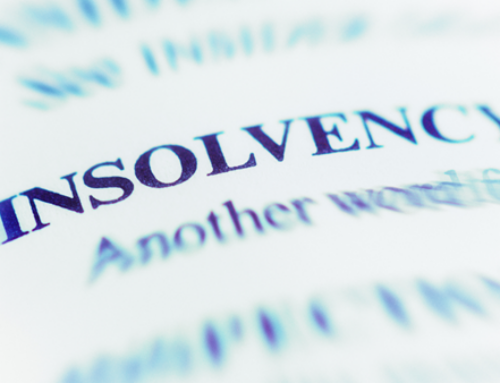The Post Office Horizon scandal serves as a stark reminder of the ethical considerations surrounding the technology we rely on. This case, centred on faulty software that led to the wrongful targeting of postmasters, highlights the importance of scepticism and data oversight in the age of automation and our increasing reliance on technology.
The Ethical Lapse
The Horizon scandal exposed a disturbing trend: prioritising a “positive spin” on a flawed system over acknowledging its glitches. This resulted in severe consequences for innocent people. As Ian Pay, Head of Data Analytics and Tech at ICAEW, points out, “the Horizon case is a timely reminder…that computers have a long history of getting it wrong.” We must challenge the assumption of infallibility surrounding technology.
The Role of Scepticism
Insolvency practitioners are inherently trained to be sceptical, but this critical thinking skill needs to be more widely emphasised. We must actively counter “automation bias,” the tendency to trust outputs from automated systems without question.
Education and Re-Emphasis
The importance of scepticism should be instilled from a young age. Encouraging people to question and challenge sources of information, regardless of their familiarity with technology, is paramount. This will equip them to navigate the increasingly tech-driven world.
Data Oversight and Governance
Robust governance processes and audit trails are crucial for ensuring data oversight, especially as AI becomes more prevalent. An effective audit trail can expose discrepancies, unusual trends, and inconsistencies, serving as an early warning system for software problems. These can happen whatever the size of your business, many post offices were small, owner managed businesses that relied on their software.
The Rise of Generative AI
The emergence of generative AI makes these issues even more critical. While we may not have all the answers, asking the right questions is crucial. The ICAEW provides a valuable framework with its five fundamental principles: integrity, objectivity, professional competence, confidentiality, and professional behaviour. As members of the ICAEW all out work is bound by this code of ethics including when we consider the use of technology.
In conclusion, the Post Office Horizon scandal serves as a cautionary tale. By fostering a culture of scepticism, implementing robust data oversight, and upholding ethical principles, we can harness the power of technology for good.






